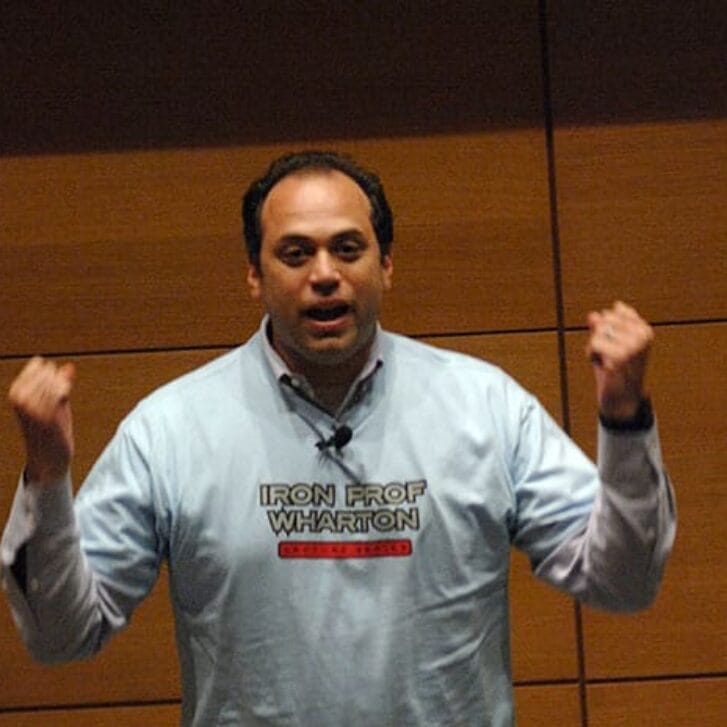The newest and arguably best-known financial derivatives were dreamed up over 20 years ago. Financial innovation has stalled since, in part due to the financial crisis.
But after a long hiatus, the next wave of financial innovation is finally here. The addition of the real estate derivative will transform an investor’s ability to build a diversified portfolio, a crucial foundation for building wealth.
Marketplace or peer-to-peer lending companies like Lending Club, Prosper and my firm Fundrise have taken financial derivatives and used them to expand the investment landscape for individual investors. Where it was once exceedingly difficult to invest small amounts of capital in assets like student loans or commercial buildings, derivatives make these investments widely accessible for average individual investors by facilitating passive fractional ownership. Specific to real estate, crowdfunding platforms have begun to invest directly in underlying assets, such as a loan or mortgage for a new project or redevelopment, and then issue a series of derivative notes whose performance is linked to the underlying projects. The notes are typically issued by the platform, but they expose investors to a similar upside, lending to the asset directly, as well as similar risks. Payment is wholly dependent upon the issuer—in this case, the lending platform—receiving distributions on the corresponding investment.
On the real estate company side, the note structure removes the need for sponsors to deal with individual investors, all of whom come with questions and demands. Additionally, real estate companies are able to deal with one single investor—the platform—rather than tens or even hundreds of individuals.
From an investor’s standpoint, the derivative structure is equally advantageous. Documents are standardized, which alleviates the headache of sifting through lengthy agreements each time you invest. Furthermore, platforms often manage distributions and reporting, which adds efficiencies and improves service quality.
Crowdfunding also differs from Real Estate Investment Trusts (REITs) in terms of key benefits. REITS carry a different legal structure than most real estate investments available through crowdfunding. They also have a different investment strategy. The fundamental difference is that REITs pass cash flow to investors from a blind pool of stabilized cash-generating properties, while crowdfunding platforms provide capital for individual ground-up construction and redevelopment projects. Importantly, REITs do not give investors the ability to dig into the fundamentals of a specific project.
The concept of a derivative is not new. Simply put, derivatives are instruments that derive their value from a separate underlying security. Buyers and sellers make or lose money depending on the performance of the underlying bond from which the contract derives its value. Hundreds of years ago, commodity futures helped farmers lock in prices for their crops to avoid price fluctuations affected by unpredictable weather patterns. This was beneficial for the continuity of their business and helped to make the market more efficient.
More recently, credit default swaps (CDS), the most recent major innovation, were created in the mid-1990s as a means to efficiently transfer risk and credit exposure for corporate bonds, municipal bonds and commercial loans. A CDS contract essentially functions as insurance for a bond. If the bond issuer defaults, restructures or files for bankruptcy, the CDS seller of protection (insurance) will compensate the buyer. The buyer of protection pays premiums to the seller over a period in exchange for this protection. The higher the perceived risk of the underlying issuer, the higher the premiums required to compensate for this risk. By 2007, the CDS market was over $58 trillion, according to the ISDA Research Notes from October 2013.
Until the recent introduction of the derivative note in real estate crowdfunding, there was never an opportunity for individuals to invest in financial instruments that derive their value from individual real estate projects. Though CDS and collateralized debt obligations (CDOs) were based off of mortgages, they were only accessible to institutional investors.
The advent of real estate crowdfunding marks the beginning of a new phenomenon, changing who can invest in real estate and the speed at which funding can flow.
Tech is beginning to get at the financial markets the way it got at commerce, media, travel and transportation. What Amazon and Twitter and Kayak did to the retail, newspaper and travel industries, maybe investment crowdfunding will do to finance.


























